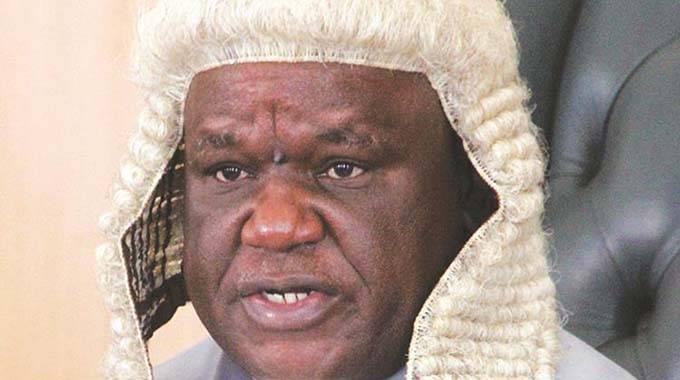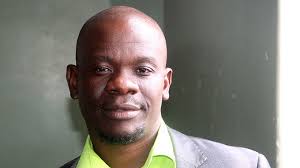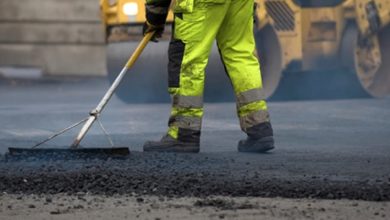Zimbabwe reaches out to Uganda in effort to scale up anti-graft drive

BY THABANI ZWELIBANZI
The Zimbabwean judiciary has reached out to their Ugandan counterparts to help scale up the fight against corruption, with a judge from the East African country expected in Zimbabwe soon, Chief Justice Luke Malaba has revealed.
Speaking at the official opening of the 2020 legal year in Harare on Monday, Malaba said he had reached out to the Ugandan chief justice to seek assistance in the professional development of local judicial officers to fight corruption.
“Uganda has been running specialised anti-corruption courts for the last 10 years,” Malaba said in his speech.
“They have, as a jurisdiction, done exceptionally well in the adjudication of corruption-related cases.
“I am positive that our judicial officers and other institutions involved in the fight against corruption will have a lot of lessons to draw from Uganda’s experiences.
“A judge in charge of the Uganda anti-corruption courts will be coming to Zimbabwe before the end of this month to share Uganda’s experiences with judges and magistrates,” he said.
Chief Justice Luke Malaba
Malaba said the judge will also interact with other players in the justice system such as the Zimbabwe Anti-Corruption Commission (Zacc), the National Prosecuting Authority (NPA) and the police.
Uganda has set up an anti-corruption commission division within its High Court, which has jurisdiction over all corruption and related cases.
The division has managed to speed up the hearing of corruption cases, however, backlogs have been recorded at the appeal court.
Since 2008 to the end of 2017, Uganda’s anti-corruption division has heard 1 145 of 1 411 filed cases with a 90% conviction rate.
In a corresponding speech in 2019, Malaba promised that there would be a serious onslaught on corruption and said that special anti-graft courts would be set up.
These have since been set up across the country, but there is a niggling perception that the government is not serious about fighting corruption.
A number of bigwigs have been arrested, such as former ministers Prisca Mupfumira, Supa Mandiwanzira and Ignatius Chombo, but cases take too long to complete and in some cases the accused go scot free.
Sceptics have since come up with a term for this, describing it as “catch and release”.
Malaba conceded “a perception [had] developed in the public that the administration of justice was not serious about the publicly declared commitment to fight corruption”.
He also called on investigators and arresting officials to continue to sharpen their skills and make thorough investigations before arresting those suspected of engaging in corruption and bringing them to court.
“Weak prosecution cases must not be brought to court,” he said.
“They only serve to frustrate the ends of justice because the suspects end up being released at court for want of prosecution.
“That scenario lends credence to the notorious accusations of ‘catch and release’ coined by some sections of society.
“The NPA must be careful, conscientious and professional in executing its constitutional mandate of prosecuting criminal matters in courts.”
The theme for the 2020 judicial year is “judicial transparency and accountability”.
Malaba said it was important for the judiciary to remain transparent and accountable, as “only a transparent and accountable judiciary … will have the trust and confidence of the people”.
Some of the steps to improve accountability and transparency include more live broadcasts of Constitutional Court proceedings, a functional judicial services website and the introduction of an integrated electronic case management system.






